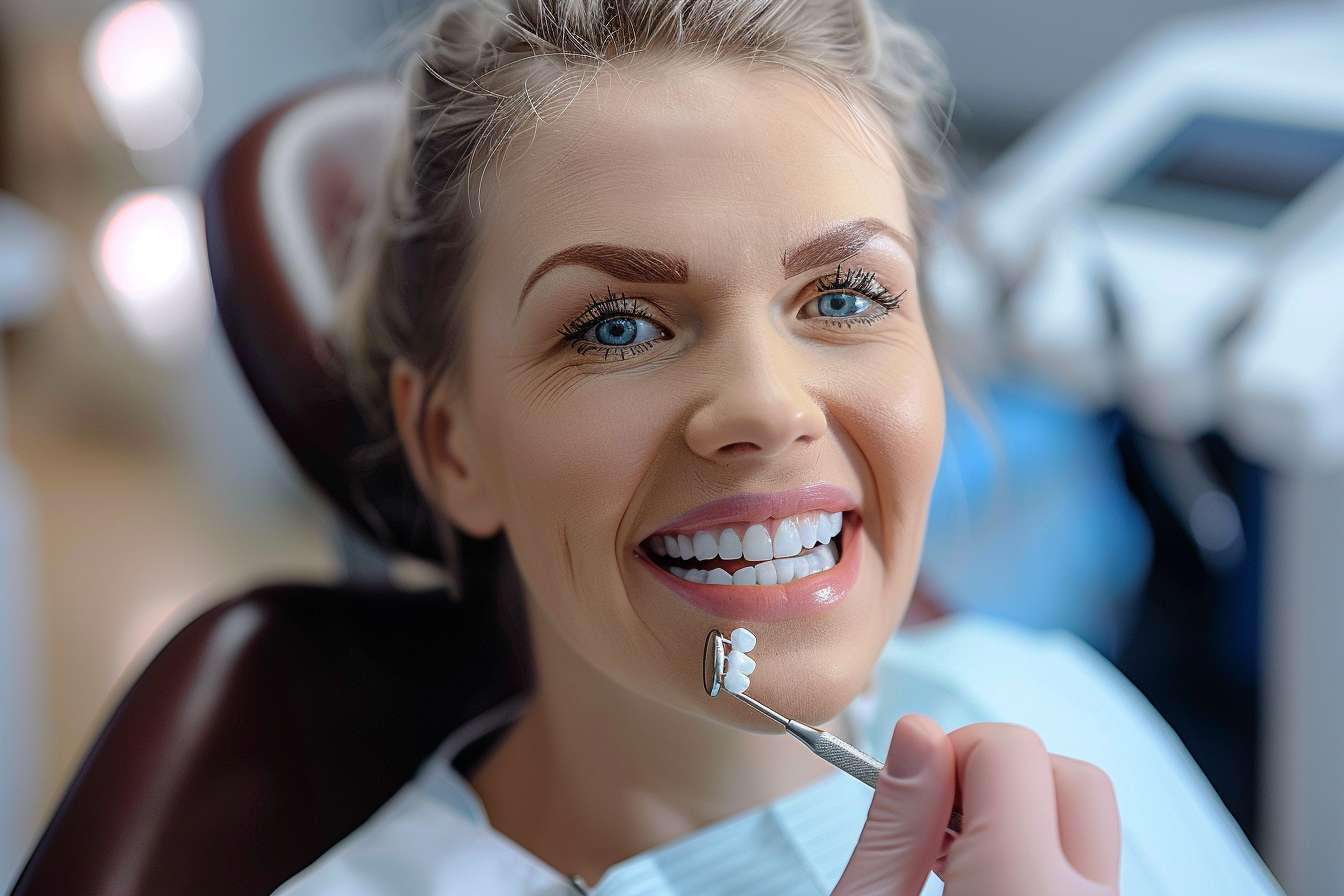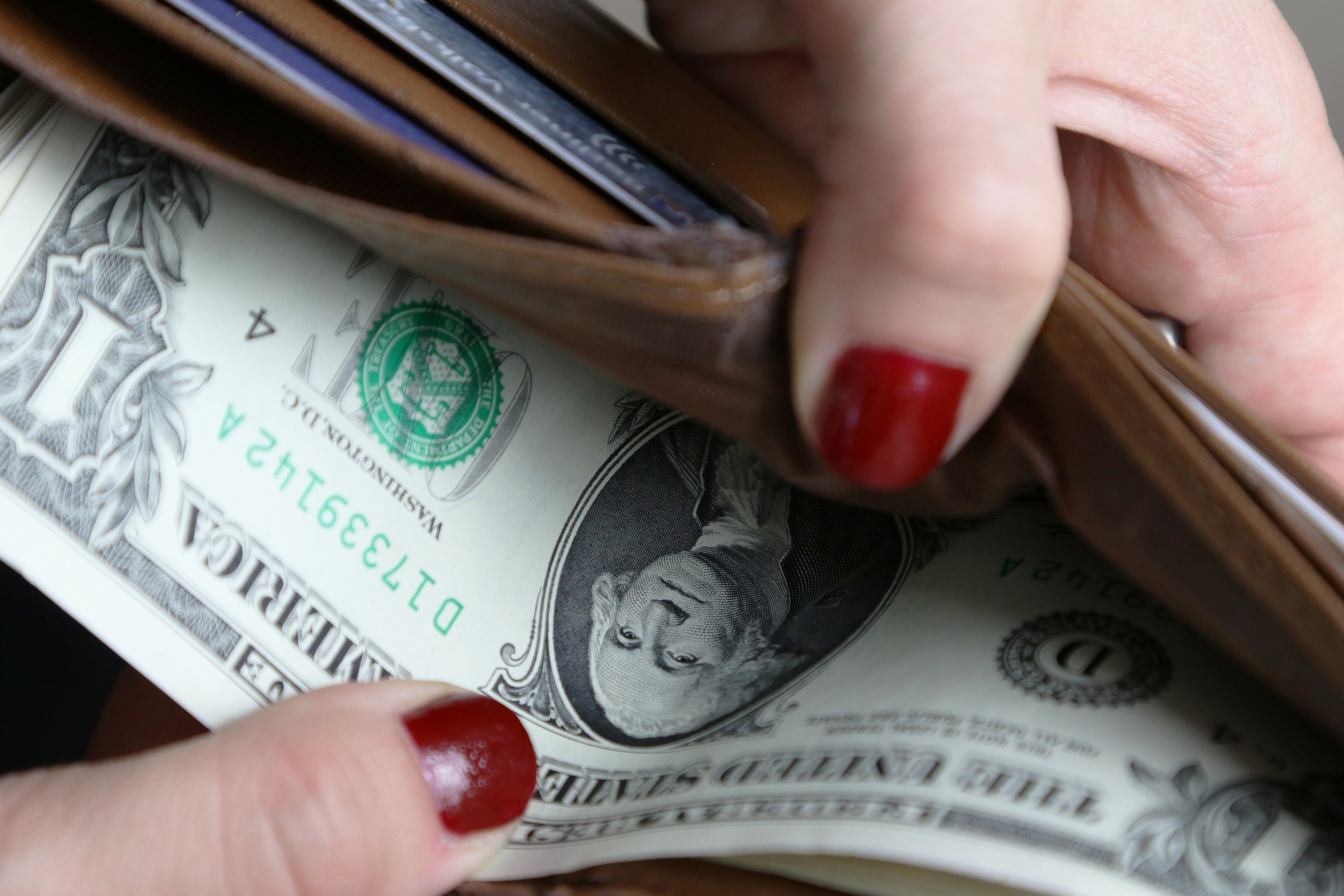The Importance of Regular Dental Check-Ups for Long-Term Oral Health
Regular dental check-ups are the cornerstone of maintaining excellent oral health throughout your life. Many people underestimate the significance of these routine visits, often postponing or skipping them altogether. However, these check-ups play a crucial role in preventing dental problems, detecting issues early, and ensuring your overall well-being. Let's explore why regular dental check-ups are essential and what you can expect during these visits.

Why are regular dental check-ups so important for oral health?
Regular dental check-ups are vital for maintaining good oral health because they allow dentists to monitor your teeth and gums for any potential issues. These visits typically involve a thorough examination of your mouth, teeth cleaning, and preventive care. By attending these appointments consistently, you can catch dental problems early, preventing them from developing into more serious and costly issues. Additionally, regular check-ups help maintain proper oral hygiene habits and can even detect signs of systemic health problems that may manifest in the mouth.
How often should you schedule dental check-ups?
The frequency of dental check-ups can vary depending on individual needs and risk factors. However, as a general rule, most dentists recommend visiting every six months for routine examinations and cleanings. Some people with excellent oral health may only need annual check-ups, while others with existing dental issues or a higher risk of problems may require more frequent visits. It’s best to consult with your dentist to determine the ideal schedule for your specific needs.
What typically happens during a routine dental check-up?
A routine dental check-up usually consists of several key components. First, your dentist or dental hygienist will perform a thorough cleaning of your teeth, removing any plaque or tartar buildup. They will then examine your teeth, gums, and mouth for any signs of decay, gum disease, or other issues. X-rays may be taken to detect problems not visible to the naked eye. Your dentist will also assess your bite, check for signs of teeth grinding, and screen for oral cancer. Finally, they’ll discuss any findings with you and provide recommendations for maintaining or improving your oral health.
What are the consequences of skipping dental check-ups?
Skipping dental check-ups can have serious consequences for both your oral and overall health. Without regular professional cleanings, plaque and tartar can accumulate, leading to tooth decay and gum disease. Small cavities or early-stage gum problems that could have been easily treated may progress into more severe issues requiring extensive and expensive procedures. Moreover, oral health problems can affect your general health, potentially contributing to conditions such as heart disease, diabetes complications, and respiratory infections. Regular check-ups are essential for catching and addressing these issues before they become major concerns.
How can regular dental check-ups save you money in the long run?
While some people may avoid dental check-ups to save money in the short term, this approach often leads to higher costs in the future. Regular check-ups and cleanings are relatively inexpensive compared to the cost of treating advanced dental problems. By catching issues early, you can avoid the need for more extensive and costly procedures like root canals, crowns, or dental implants. Additionally, maintaining good oral health through regular check-ups can prevent the need for emergency dental visits, which are often more expensive than routine care.
What additional services might be recommended during a dental check-up?
During a dental check-up, your dentist may recommend additional services based on their findings. These can include fluoride treatments to strengthen tooth enamel, dental sealants to protect against decay, or custom mouthguards for those who grind their teeth. Your dentist might also suggest orthodontic treatments, such as braces or clear aligners, if they detect alignment issues. For patients with gum disease, deep cleaning procedures like scaling and root planing may be recommended. It’s important to discuss these options with your dentist to understand their benefits and determine if they’re necessary for your oral health.
| Service | Average Cost Range | Frequency |
|---|---|---|
| Routine Dental Check-up | $75 - $200 | Every 6 months |
| Professional Teeth Cleaning | $75 - $200 | Every 6 months |
| Dental X-rays | $25 - $250 | Once a year or as needed |
| Fluoride Treatment | $20 - $50 | Every 6-12 months |
| Dental Sealants | $30 - $60 per tooth | Once, typically for children |
Prices, rates, or cost estimates mentioned in this article are based on the latest available information but may change over time. Independent research is advised before making financial decisions.
Regular dental check-ups are an essential investment in your long-term oral health and overall well-being. By maintaining a consistent schedule of dental visits, you can prevent minor issues from becoming major problems, save money on future treatments, and enjoy a healthier, more confident smile. Remember that your oral health is closely linked to your general health, making these check-ups a crucial part of your overall healthcare routine. Don’t underestimate the power of prevention – schedule your next dental check-up today and take an important step towards a lifetime of excellent oral health.




